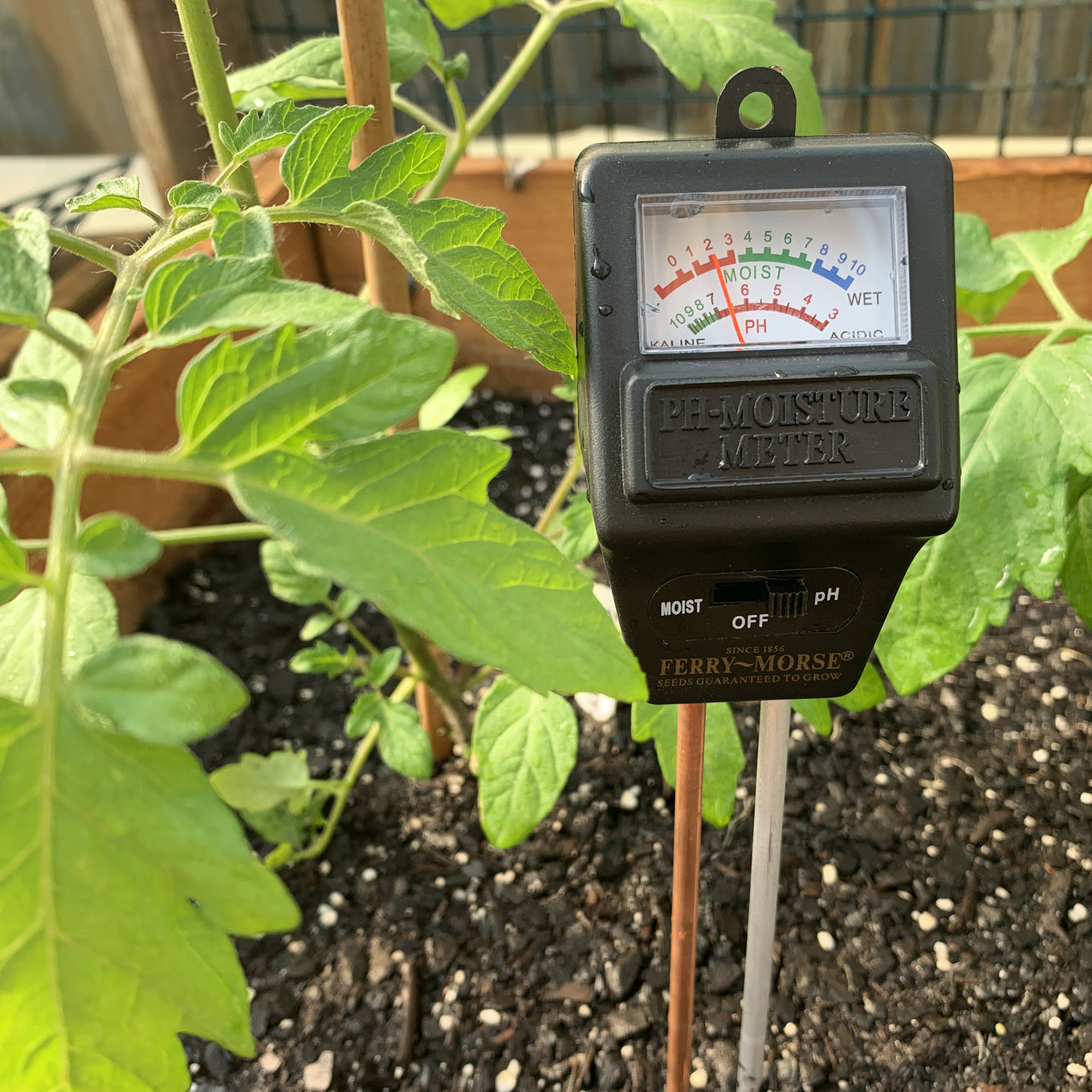The Scientific Research Behind Moisture Meters: Just How They Function and Why They're Crucial
Wiki Article
The Ultimate Overview to Moisture Meters: A Comprehensive Overview and Exactly How They Can Conserve You Money
Dampness meters offer as indispensable devices in discovering and monitoring moisture web content in materials, aiding in protecting against pricey problems and making certain the quality of products. Recognizing the subtleties of various types of moisture meters, their applications, and the prospective cost-saving advantages they supply can be a game-changer for experts and organizations alike.Sorts Of Moisture Meters
Different sorts of moisture meters are readily available for different applications in numerous markets. One usual kind is the pin-type moisture meter, which measures the electric resistance in between 2 pins put into a product. This type appropriates for wood, drywall, and various other building materials. Pinless wetness meters, on the other hand, usage electromagnetic sensing unit plates to scan a bigger area without creating damage to the material's surface area. Moisture Meter. These meters are ideal for quickly assessing dampness levels in large locations such as wall surfaces and floorings.
Infrared wetness meters determine the thermal residential properties of a material to determine its wetness content non-invasively, making them beneficial for applications where pin or pinless meters may not be appropriate. Understanding the different kinds of dampness meters available can help industries choose the most suitable tool for their certain wetness measurement requirements.

Advantages of Utilizing Moisture Meters
Moisture meters provide very useful advantages in precisely checking and analyzing dampness degrees in diverse materials and settings. One of the key benefits of utilizing moisture meters is the avoidance of potential damage caused by excess dampness.
Moreover, using wetness meters can lead to increased energy effectiveness. In agricultural setups, dampness meters play a vital duty in optimizing crop returns by allowing farmers to keep an eye on soil moisture degrees and make informed watering choices.
Just How to Choose the Right Wetness Meter
Picking the ideal moisture meter involves considering essential elements such as product compatibility, dimension array, and calibration accuracy. When picking a wetness meter, it's necessary to ensure that the meter is suitable for the certain material you will certainly be testing. Various materials have differing electrical properties that can impact moisture analyses, so picking a meter created for your product is essential for exact outcomes. Additionally, think about the measurement array of the moisture meter. Ensure that the meter can find wetness levels within the range required for your applications. Calibration precision is another critical factor to bear in mind. Select a moisture meter with trustworthy calibration to make certain specific and consistent analyses. Some meters might require periodic calibration modifications, so comprehending the calibration procedure is very important. By meticulously reviewing these factors, you can choose a moisture meter that satisfies your demands and Continued offers accurate moisture dimensions for your tasks.Proper Strategies for Dampness Meter Use

Expense Savings Through Wetness Meter Applications
Exactly how can the critical use of moisture meters cause substantial expense savings throughout numerous markets? Dampness meters play a crucial role in price savings by protecting against potential damage and guaranteeing quality assurance in various sectors. In the farming industry, moisture meters help in determining the ideal time for collecting crops, stopping excess or over-drying wetness that can impact the end visite site product's high quality. This exact surveillance assists farmers avoid unneeded losses and maximize their return.
Similarly, in building and construction, wetness meters assist protect against expensive problems by finding wetness levels in structure products, such as wood or concrete, which can cause structural concerns otherwise addressed immediately. By determining trouble locations beforehand, service providers can take corrective actions to stay clear of considerable repair services or replacements, eventually conserving time and money.
Additionally, in the food handling sector, moisture meters are necessary for keeping track of item quality and making sure conformity with security policies. By properly measuring moisture content in food items, producers can avoid wasting, preserve quality, and reduce waste, causing considerable cost savings. On the whole, the calculated application of moisture meters is a useful investment that can bring about considerable basics price reductions and enhanced efficiency across different industries.
Final Thought
In final thought, moisture meters are valuable tools for discovering and gauging moisture levels in numerous materials. By utilizing the best dampness meter and adhering to appropriate strategies, individuals can efficiently protect against expensive problems caused by excess wetness.Dampness meters serve as important devices in spotting and keeping track of moisture content in materials, assisting in protecting against pricey damages and making certain the top quality of products. Infrared wetness meters determine the thermal residential properties of a product to establish its moisture material non-invasively, making them beneficial for applications where pin or pinless meters might not be ideal.Dampness meters supply invaluable advantages in accurately monitoring and assessing wetness degrees in diverse products and environments. In farming settings, moisture meters play an important function in optimizing plant returns by enabling farmers to keep track of soil dampness levels and make educated irrigation choices.In conclusion, dampness meters are valuable tools for measuring and finding wetness degrees in various materials.
Report this wiki page